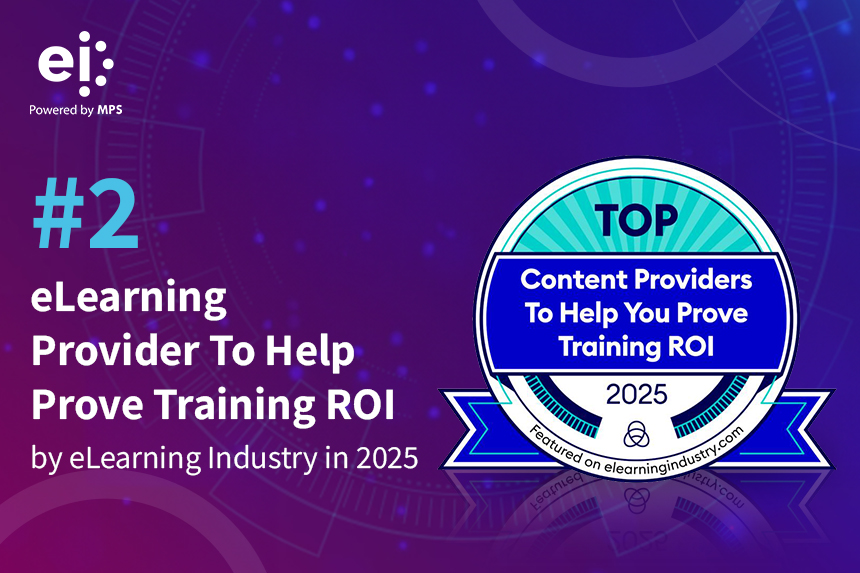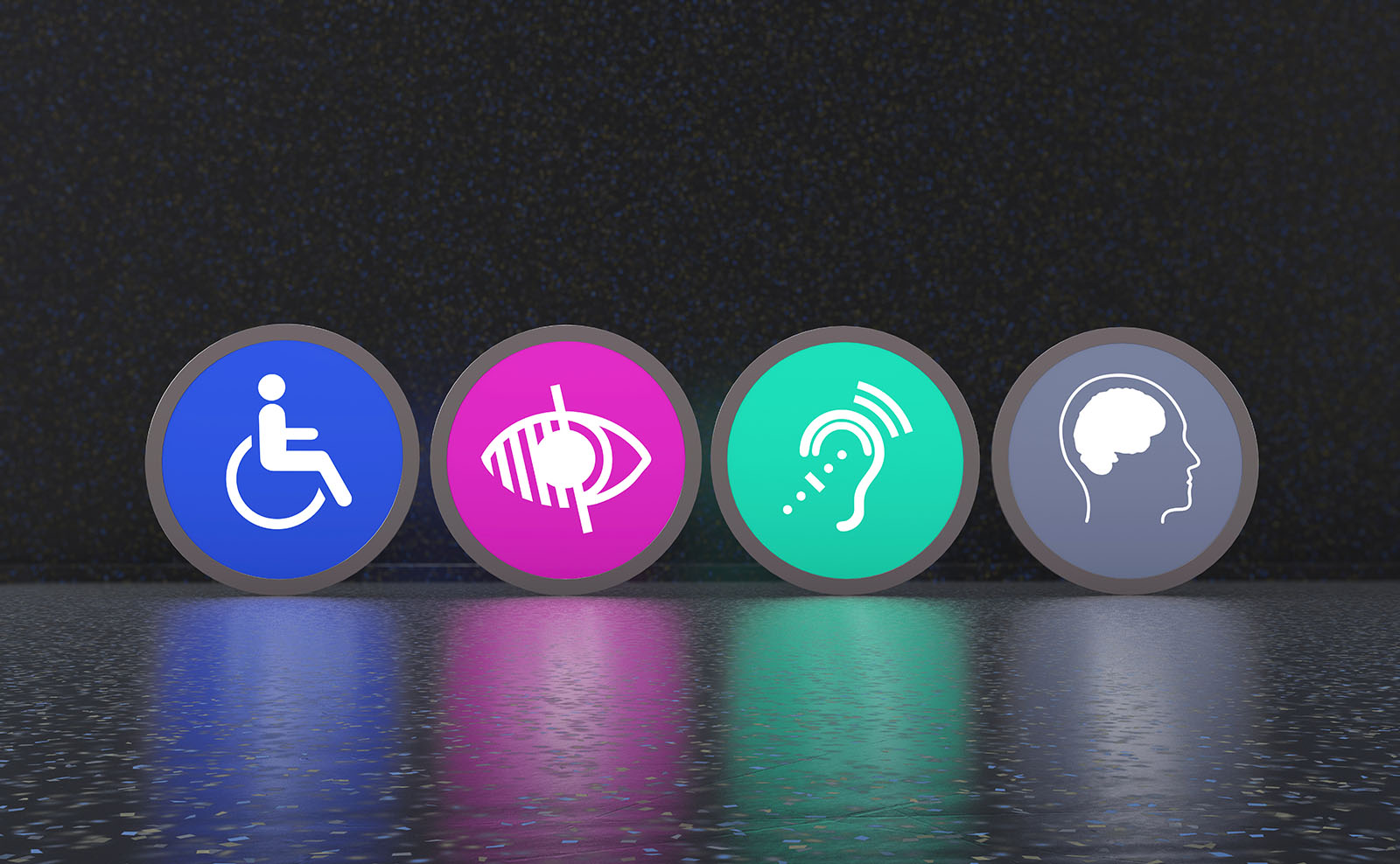
Immersive Leadership Training is revolutionizing development by simulating real-world challenges. This approach sharpens critical skills and builds resilience, preparing leaders to navigate and excel in dynamic environments. It’s the future of cultivating adaptable, effective leadership.
The Current Gap in Leadership Development Programs
Despite significant annual investments, companies worldwide continue to see leadership development as their top concern. A McKinsey survey reveals that 30% of the companies polled in the US and a staggering 93% of those polled in the UK, feel they have failed to develop global leaders. The reason? Ineffective leadership training programs.
Traditional leadership development programs have failed to build the skills that leaders require to lead today’s dynamic workforces. These programs often overlook the essential skills like emotional intelligence, cross-generational communication, and adaptability, critical for managing a generationally diverse workforce and addressing the challenges thrown open by rapid global, economic, and industry changes.
The Value of Investing in Immersive Learning Over Traditional Learning for Leadership Development
Immersive leadership training provides greater value than traditional programs by deepening skill retention and understanding through real-world challenges and hands-on experiences.
These include:
- Experiential Learning for Better Decision-Making: With experiential learning opportunities, immersive leadership training fosters critical thinking and problem-solving in realistic scenarios. This approach not only reinforces the ability to assess situations and adapt quickly, but also builds confidence and competence for more informed decision-making.
- Global Perspective and Inclusivity: Immersive leadership training broadens the understanding of international dynamics by simulating real-world scenarios or cross-cultural interactions. This develops a global mindset with greater understanding of diverse cultures, viewpoints, and global challenges, essential for managing diverse teams in an interconnected world.
- Exploratory and Application-Oriented Learning: Immersive experiences encourage leaders to explore different approaches and apply them in practical, real-world contexts. This allows for experimentation, adaptation, and learning from actions, fostering problem-solving skills and making leadership development more relevant and impactful.
- Alignment with Organizational Goals: Immersive leadership training supports close alignment between leadership development and organizational objectives, ensuring leaders are equipped with the skills needed to drive the company’s vision forward and contribute to the long-term success in a rapidly evolving global environment.
Immersive Learning Strategies for Leadership Development
For leadership development programs aimed at equipping leaders for modern, diverse organizations, the immersive training strategies outlined below offer targeted skill enhancement.
Technology-Driven Strategies:
- Virtual and Augmented Reality (VR/AR): Advanced technologies such as Virtual and Augmented Reality (VR/AR) enhance contextual learning and decision-making. These technologies aid creation of realistic and fully immersive environments with an overlay of digital information, allowing leaders to hone their skills and interact with virtual elements in their actual environments.
- AI-Powered Roleplays: AI-powered roleplays foster self-awareness and growth. These simulations with real-world decision points allow leaders to practice decision-making, explore the consequences of their choices, and receive dynamic, real-time feedback.
- 360-Degree Videos: Immersive 360-degree videos create realistic environments through fully interactive, panoramic experiences. They place learners in lifelike situations to practice leadership skills in a controlled, yet realistic, environment, enhancing their spatial awareness and decision-making.
Next-Gen Strategies:
- Advanced Simulations and TOPSIM: Business simulation platforms like TOPSIM, Capsim, and Cesim provide opportunities to practice decision-making, strategic thinking, and problem-solving. Using advanced, data-driven simulations that mimic real-world business challenges, leaders can experiment with strategies to build practical and operational skills without real-world risks.
- Next-Gen Gamification: Cutting-edge gamification strategies that use AI and machine learning adapt challenges in real-time. Next-gen gamification platforms like Centrical, Mambo.io, and Bunchball Nitro use gaming elements such as leaderboards, rewards, and challenges, to enhance engagement. Through interactive storytelling, hands-on, enjoyable experiences, real-time feedback, and competition, these platforms motivate learners, make skill-building more dynamic, and foster better retention.
Immersive Learning Strategies for Developing Leadership Competencies
Immersive leadership training strategies provide experiential, real-world practice, allowing leaders to apply critical skills in dynamic environments. Some ways these strategies can be used for developing learning competencies are:
Interpersonal and Soft Skills Development:
- Story-Based Learning: Immersive storytelling and interactive videos with relatable narratives that mirror real-life interactions, convey leadership lessons and help leaders connect emotionally and intellectually with the content. Story-based learning platforms such as Adobe Spark, Gamelearn, and Cerego, guide learners through interactive stories that reflect workplace challenges, helping them better understand the nuances of human behavior.
- Scenario-Based Learning: Scenario-based learning platforms integrate interactive, real-life situations to allow learners to practice decision-making and problem-solving in a controlled environment. These platforms offer dynamic scenarios that simulate workplace challenges to enhance leadership skills through interactive, experiential learning, helping leaders to apply soft skills such as communication, empathy, and conflict resolution.
Emotional Intelligence Training:
- Scenario-Based Emotional Intelligence: Scenario-based emotional intelligence situations helps challenge and develop emotional intelligence, ability to handle difficult conversations, providing feedback, or leading through change. Platforms such as Talogy, MHS Assessments, and Affectiva use real-world scenarios to allow learners to navigate emotional and interpersonal challenges, enhancing their ability to understand and regulate emotions in leadership roles.
- Simulation Training for Cultural Sensitivity: Simulation training for cultural sensitivity provides immersive, interactive experiences where learners engage with diverse cultural scenarios and practice cultural sensitivity, adaptability, and inclusive leadership. Simulation training platforms for cultural sensitivity such as Cultural Intelligence Center, and Mursion, help develop cultural awareness, empathy, and communication skills, enabling leaders to effectively navigate cross-cultural interactions and manage diverse teams in global environments.
Decision Making, Self-Reflection, and Growth:
- Real-Time Feedback Mechanisms: Tools that provide leaders with instant, personalized feedback during immersive exercises, help them quickly understand and correct their actions for rapid improvement. Real-time feedback tools like Reflektive, Mesh.ai, and Culture Amp, offer instant feedback on performance, behavior, and decision-making, facilitating continuous improvement and adjusting the approach promptly for better outcomes.
- Crisis Simulation Training: Simulating emergencies, high-pressure situations, or crisis management scenarios, using VR/AR develops critical skills such as making quick, strategic decisions, resource management, and communication. Crisis simulation platforms such as CrisisShield, Conductrr, and Immersive Labs, prepare leaders to handle crises effectively and maintain resilience under stress.
Teamwork and Collaboration:
- Collaborative Immersive Environments: Virtual collaborative environments enable working together on simulated projects, sharing insights, and building teamwork skills in a setting that mirrors real-world collaboration. Collaborative immersive environments like Disco, 360Learning, and Intrepid provide virtual spaces for leaders to practice teamwork, communication, and problem-solving, fostering stronger collaboration across geographically dispersed teams.
- Virtual Mentorship Programs: Connecting mentors with mentees in immersive environments offers hands-on learning, guided leadership development, and skill-building regardless of the location. Some virtual mentorship programs include Testprep, Chronus, and Together that foster growth in emotional intelligence, communication, and strategic thinking through virtual, one-on-one interactions.
Case Studies of Immersive Leadership Training
Here are some examples where immersive leadership training has helped drive learner engagement and productivity in a hybrid workplace, leading to a positive impact on training investment and resources.
Case Study Example #1 – Strengthening Career Advancement Opportunities Through Interview Skill Building:
Objective: The goal is to enhance retention of employees by allowing them to practice interview skills which will help their growth within the organization.
Solution: To help ease career advancement and also improve employee retention rates, we came up with an AI powered platform that facilitates employees practice their interview skills. The platform contains an interactive interview room in which employees answer typical as well as job-related questions and receive constructive remarks regarding their performance and practice them over time. AI enables how the employees performed so that the system can recommend how they can improve on their skills.
AI Training Resources:
- Guidelines for hiring managers
- Comprehensive interview guides
- Organization’s hiring philosophy and best practices
Implementation: The platform integrates seamlessly with the organization’s internal systems to personalize the interview practice experience. Employees can access various scenarios that align with their career goals and roles within the organization. The system includes:
- Simulated interviews with real-time AI feedback
- Customized practice questions based on role and career level
- Performance analytics to track improvement
Impact: The implementation of this platform has led to improved employee confidence and readiness for internal interviews, resulting in higher career progression rates and increased retention. Employees reported feeling more prepared and satisfied with their career growth opportunities within the organization.
Case Study Example #2 – AI-Powered Coaching for Enhanced Engagement and Career Growth:
Objective: The objective is to improve employee engagement, inclusion, and career development through the utilization of an AI-powered education coaching solution that will reinforce existing coaching processes.
Solution We deployed an AI driven coaching platform to support the coaching processes. The platform leverages AI to analyze both coach and coachee profiles, performance data, and behavioral data to deliver personalized coaching experiences. It facilitates targeted feedback and development plans that align with individual career goals.
AI Training Resources:
- Coach & coachee profiles
- Performance and training data
- PIP (Performance Improvement Plan) and behavioral data
- LMS (Learning Management System) access
Implementation: The coaching platform integrates with existing LMS and HR systems to provide:
- AI-generated insights and recommendations based on performance data
- Personalized coaching plans tailored to individual needs
- Ongoing data analysis for continuous feedback and adjustment
Impact: The initiation of this AI-coaching solution has facilitated a higher degree of participation and inclusion among members of the organization, thus, coaching sessions have become more effective and career growth has accelerated. Both coaches and coachees showed higher levels of satisfaction with the process, and overall career development metrics showed positive trends.
Case Study Example #3 – AI-Based LMS Chatbot for Personalized Learning:
Objective: The objective is to bolster the learner’s engagement and personalization through individual learning pathways and recommendations compiled based on the profiles and requirements of the individuals.
Solution: The introduction of an AI-based chatbot within the Learning Management System (LMS) allowed for an increase in personalization. The chatbot helps learners sort out the most relevant learning materials on their own. It also uses their preferences and goals to decide the best way to learn their topics.
AI Training Resources:
- LMS access
- Metadata of training materials
- Additional inputs from trainers
Implementation: The AI chatbot integrates with the LMS to offer:
- Personalized learning recommendations based on user profiles
- Interactive guidance to navigate and select relevant training materials
- Adaptive learning paths that change based on learner progress and feedback
Impact: The AI powered LMS chatbot has contributed to increased engagement and satisfaction with the training process. The personalized nature of chatbot experience made it more efficient and effective for learners, allowing them to meet their goals with a greater sense of satisfaction and often in a shorter time frame.
As traditional methods fall short in today’s complex business world, companies must embrace immersive leadership training using VR, AR, AI roleplays, and simulations. This approach not only enhances problem-solving, critical thinking, and decision-making under pressure but also cultivates agility in leading diverse teams. For fostering inclusivity and adaptability, immersive training is essential for developing future-ready leaders.
Download our latest eBook to learn how to integrate skill development directly into daily workflows, ensuring that learning is timely, relevant, and immediately applicable.



